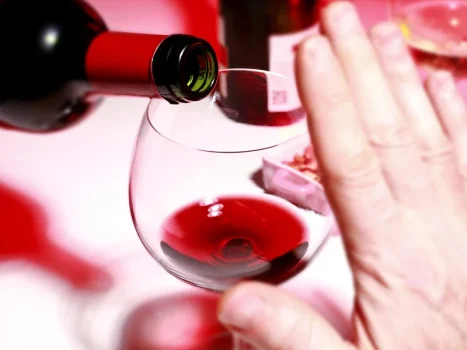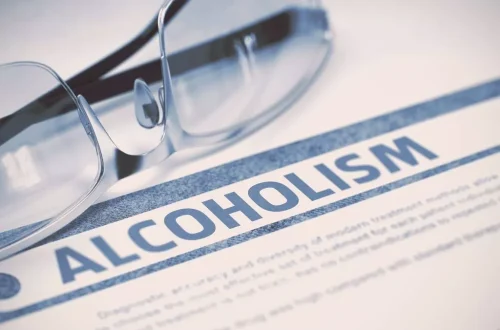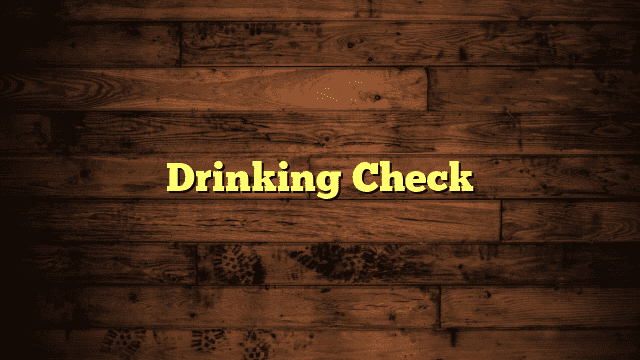
Group therapy activities for substance abuse can be related to a variety of topics including education, shame, guilt, triggers, cravings, boundaries, health, mental health, and sober support. Additionally, you can use substance abuse group therapy activities for teens if you are process group ideas for substance abuse working with a younger population. This gives the Counselor leading the group an opportunity to tailor the group activities to the current concerns of the group members. Kayla is a Mental Health Counselor who earned her degree from Niagara University in Lewiston, New York.
Best Group Activities for Anxiety and Depression
- This worksheet on radical acceptance can be completed individually inside or outside of a group session.
- First, music provides a rhythmic meter to act as a metronome during breathing exercises and stretches.
- Group therapy provides a uniquely rich environment and powerful setting that can improve mental health.
- Therapists who run these groups are very resourceful and in order to keep the process relatively fresh introduce different activities and topics continually.
- Members can share their responses with the group and reflect on what they learn about themselves and from one another.
Clients receive blank pieces of paper and are tasked to write the names of who they think is most likely and least likely to relapse. After writing their own name on the sheet, they turn it in to staff (effectively allowing staff to maintain a safe and productive environment). If they choose, clients can share what they wrote and provide additional feedback. (Most do.) Clients selected as “most likely” (in either category) have the opportunity to process with other group members and staff. Group therapy is an excellent addition to your treatment toolbelt and we hope you’ll give some of these substance abuse group therapy activities a go.

Best narrative therapy group activities
Warm-ups set a contemplative tone, helping participants transition into the group environment and encouraging them to be present and engaged throughout the session. Substance abuse support groups are unique spaces where individuals battling addiction can connect with peers who share similar experiences, feelings, and aspirations. These groups offer a haven for members to openly discuss their struggles, triumphs, and setbacks without fear of judgment. Engaging in a variety of substance abuse group activities and discussing relevant group therapy topics for substance abuse can be immensely helpful in facilitating successful recovery. Process groups are introspective groups that help individuals examine their thoughts and feelings in greater detail to promote personal growth. Members can gain greater insight into their relationships with others and themselves and work towards healthy behaviors that promote improved day-to-day functioning.
- This activity forces interaction between members, which can help decrease feelings of loneliness and isolation.
- According to Alan Wolflet (2004), group activities for grief and loss should help members with the six needs of mourning.
- Process groups are introspective groups that help individuals examine their thoughts and feelings in greater detail to promote personal growth.
- Have group members collaborate and come up with a group motto based on the goals and outcome of the group sessions.
- From there, the worksheet can be used to build a stress management plan.
- This effective communication worksheet teaches clients about effective communication techniques.
Challenges and ethical considerations in substance abuse group activities

In group therapy, participants have a safe space to engage with others, share their experiences, and practice different methods of communication. The sessions are strictly confidential, allowing individuals to express themselves honestly. Group therapy can take place in various settings, including hospitals, private therapy practices, community centers, and mental health clinics. It is commonly conducted in drug or alcohol rehab facilities as part of substance abuse treatment. Substance abuse group therapy can facilitate healthy discussions about relatable topics in recovery.
Therapy Worksheets
Group therapy is a form of psychotherapy in which individuals with a common struggle come together under the guidance of trained therapists. Unlike individual therapy, which focuses on one-on-one treatment, group therapy provides the opportunity for multiple people to support and learn from one another. It is often used alongside individual therapy to enhance the effectiveness of the treatment plan. Mindfulness is a great way to increase self-awareness and ensure that group members are fully present in their sessions.
- Group therapy sessions dedicated to goal setting help individuals define their aspirations, both in the short-term and long-term.
- A 3-page worksheet for identifying and managing substance use relapse triggers.
- They add structure to chaotic lives and provide a safe environment in which to practice newly developed skills.
- Navigating dual relationships, where facilitators have connections with participants beyond the group setting, requires careful attention.
- The following three PDF downloads are lists of ideas/questions for groups.
Additionally, this can promote an environment where group members feel comfortable asking for help when they find themselves struggling. For group members who are new to recovery, group sessions can provide valuable education about addiction and recovery. Other goals of group therapy include gaining inspiration through the recovery of others, self-identifying as a recovering addicting, and examining core values.
Group therapy is a cornerstone of substance abuse treatment.




